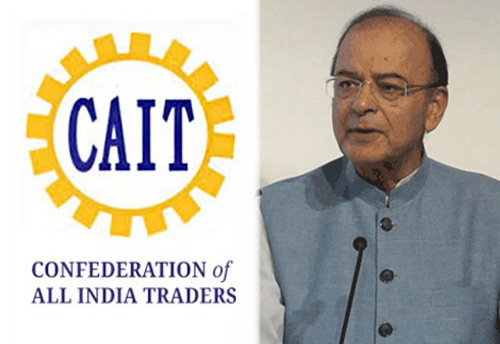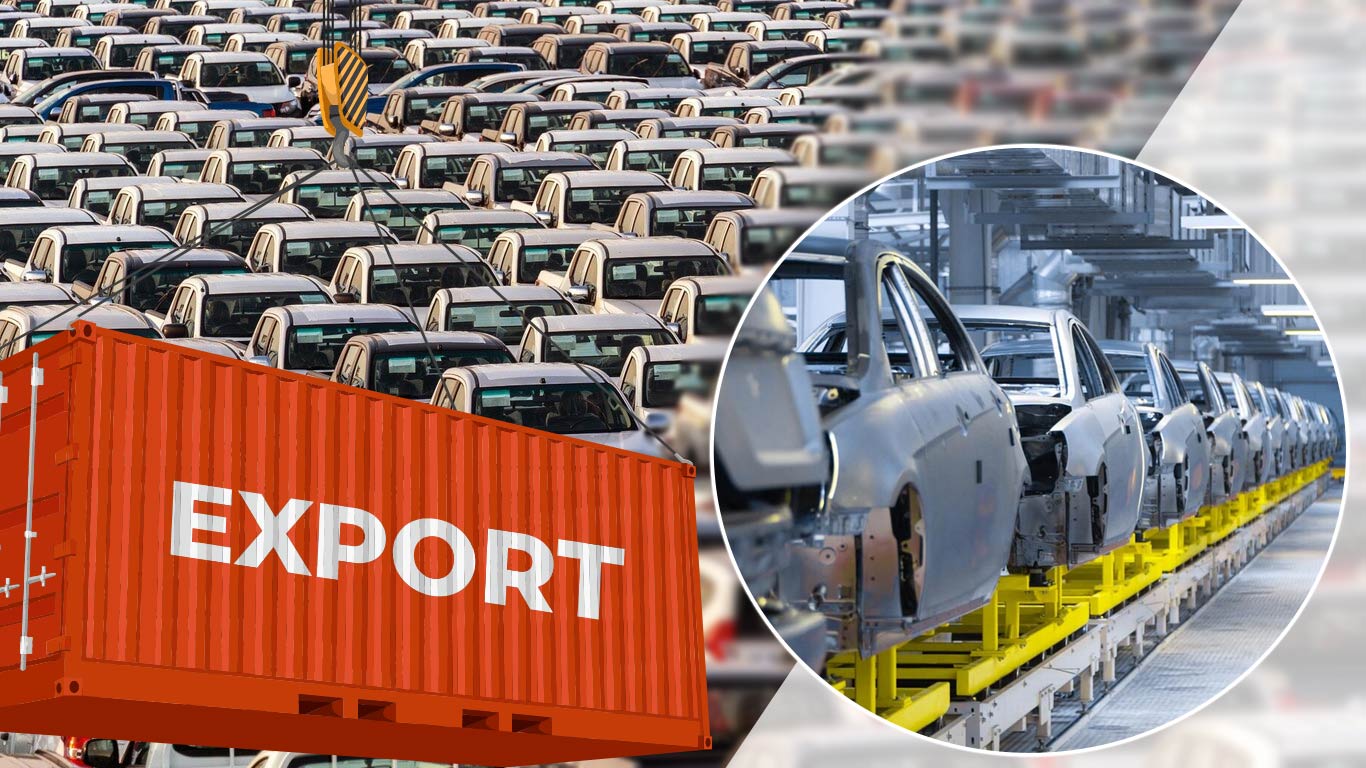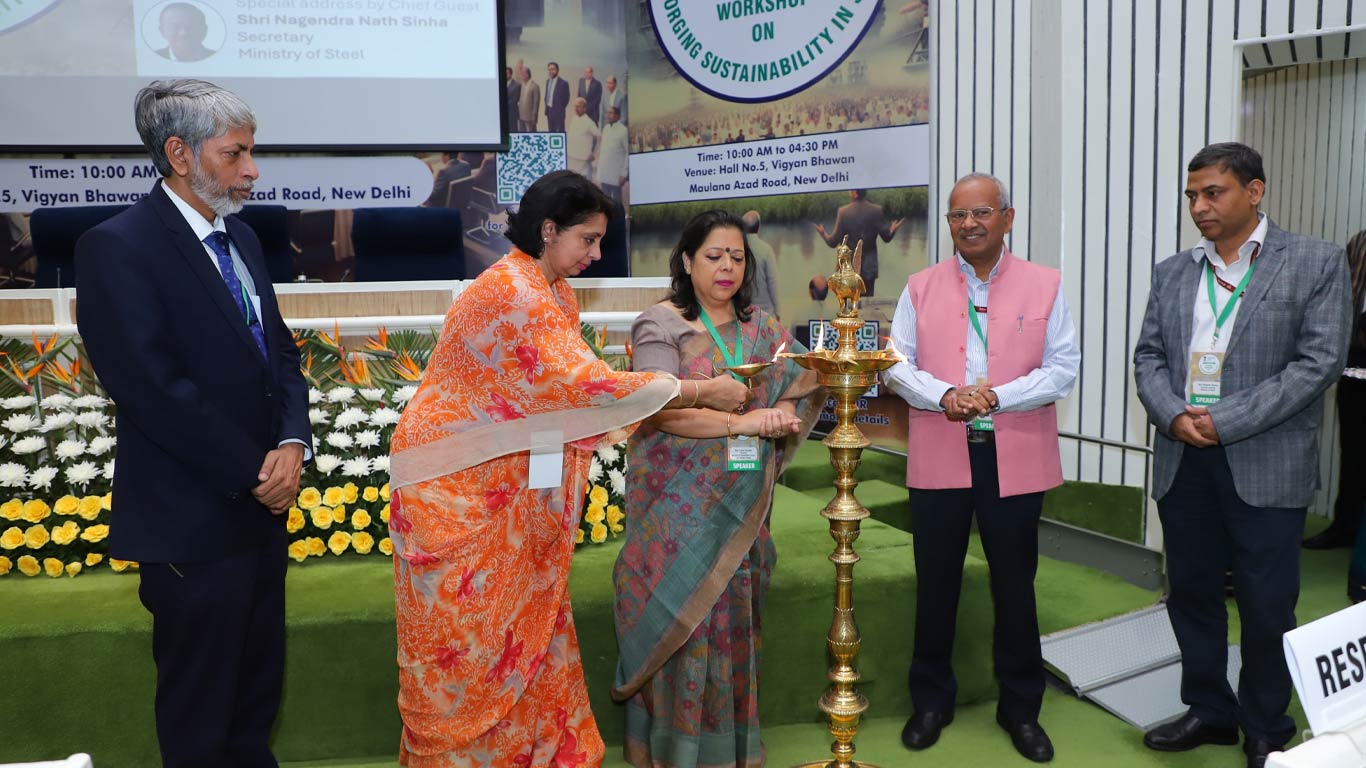Levy 3 stage GST to regulate tax system in a better manner: CAIT to Jaitley
Updated: Jan 09, 2019 10:52:35am

Levy 3 stage GST to regulate tax system in a better manner: CAIT to Jaitley
New Delhi, Jan 9 (KNN) Confederation of All India Traders Association (CAIT) in a letter sent to Finance Minister Arun Jaitley today suggested levy of 3 stage GST to regulate the tax system in a better manner.
While appreciating the efforts of the government and GST council to simply and rationalize the GST tax structure, CAIT in a letter to Jaitley said “It is a matter of concern that revenue collection from GST is not matching the target and generally there is a dip in revenue collection.”
Bringing the kind attention of Ministry on general tendency of consumers, traders’ body said “There is a general tendency of consumers not to pay tax due to higher rate of taxes and thereby avoiding taking bills while purchasing goods, which forced sizeable number of transactions across country to remain informal, causing loss of both direct and indirect tax revenue to the government.”
For this, as a routine matter the trading community is blamed for evading taxes which is certainly not true, said CAIT.
Non obtaining bill due to tax component by the consumers is the major reason for shortfall in the revenue, pointed Praveen Khandelwal, National Secretary General of CAIT.
In this context, he said “We suggest to levy GST only at 3 stages in the entire supply chain.”
First, levy of SGST & CGST on first sale of commodity in a state. Secondly, IGST on inter-state transactions and thirdly SGST & CGST on goods produced or manufactured in a state at the annual turnover of more than Rs 50 lakhs, explained Khandelwal.
He said, after first transaction in a state, the rest supply chain should be relieved from levy of GST and the GST component should be merged in the price of commodity so that when it reaches to end consumer, the commodity becomes already tax paid.
Further, he mentioned that subsequent transactions after first sale in a state add minimal value addition and the loss of revenue could only be up to 2% but since GST is levied on first point, it will accrue additional revenue from 10% to 15%, mentioned Khandelwal.
He said “Since the goods will be purchased in a state only after paying GST, therefore the possibilities of tax evasion will not rise at all.”
In addition, under this system, he said that consumers knowingly well that goods are already tax paid and they need not to pay money for taxes will obviously demand the bill while purchasing goods
In this case the informal sale will be converted into formal sale which is bound to increase the revenue whereas more and more transactions will come under formal economy, pointed CAIT National Secretary General.
Such a step on the one hand will minimize the tax assesses where only few lakh entities will be required to be registered under GST instead of crores of entities thereby will be easy for the government to govern and regulate tax system in a better manner and GST portal will be off loaded to great extent.
As far as revenue sharing between states is concerned and if at all need arises, the Finance Commission can draw a formula under which accrued revenue is shared between states, suggested CAIT.
In any case both governments at origin place and consuming place will get their due revenue and central government will get revenue from both places.
The suggested system will also relieved large number of traders from the clutches of tax system. When consumers will insist for bills, a noteworthy number of transactions will come under formal system and direct tax collection of the government is bound to grow leaps and bound, he added.
Besides, he further suggested that traders should be given status of tax collectors and certain rewards and schemes should be announced for them for collection of highest taxes.
On the other hand some benefits in tax collection in form of tax rebate should also be given to tax collector in order to encourage collection of more and more revenue, another suggestion CAIT made.











